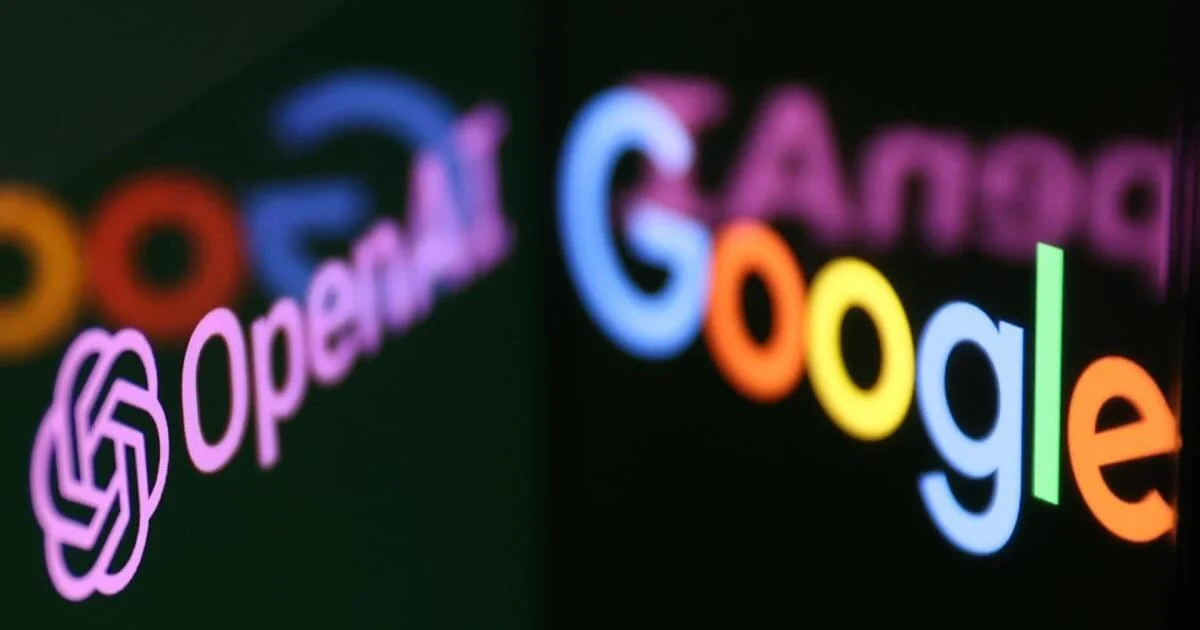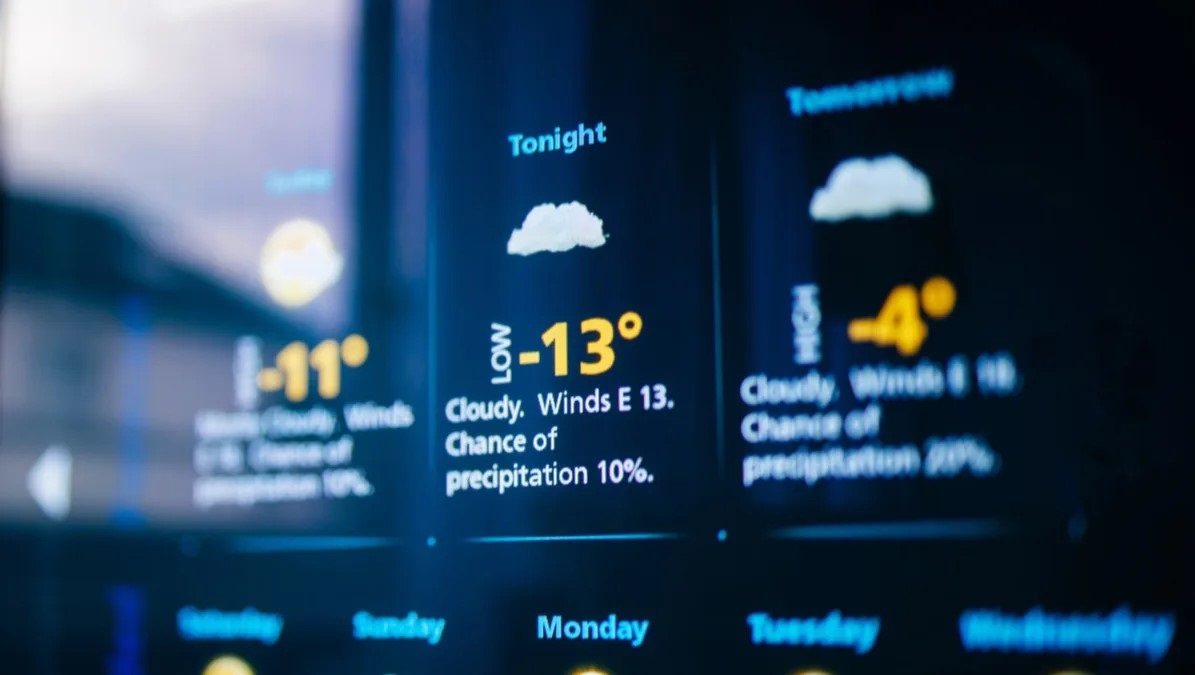If there were but one company deserving of the title ‘gatekeeper of the internet,’ would it be Google, long-standing titan still at the pinnacle of its prowess, or the insurgent OpenAI, with its fierce momentum? While the outcome of their recent exchanges of blows remains undetermined, the spectacle has undoubtedly been nothing short of riveting.
OpenAI: Heightened Naturalness in Human-AI Interaction
At OpenAI's conference, though the much-rumored GPT-5 failed to materialize, the unveiling of GPT-4o nonetheless captivated attendees. This flagship AI model, an extension of GPT-4 into a multimodal behemoth and offered freely to all users, represents a paradigm shift in human-AI interaction. It ushers in a new era of seamless engagement, where real-time voice conversations mimic the organic flow of human dialogue, with an average response time of a mere 320 milliseconds—virtually indistinguishable from interpersonal communication.
The demonstration further accentuated GPT-4o's prowess by showcasing its capability to integrate user needs with visual recognition, analyze complex code for data manipulation, execute said code, and eloquently elucidate the implications of the charts it generates. Its linguistic repertoire encompasses 20 languages, while its emotional intelligence extends to recognizing facial expressions and identifying objects and scenes instantaneously, furnishing users with immediate feedback. This evolution signals a transformation in AI's role from a passive tool to a good mentor and friend, ready to assist in both professional pursuits and the intricacies of daily life.
Google: Unleashing a Volume-Driven Counteroffensive
Hard on the heels of OpenAI's conference, Google seized the spotlight at its Developer Summit with a suite of AI functionalities and products grounded in the Gemini framework, a strategic timing choice that hints at a calculated response to OpenAI’s earlier upstaging with the text-to-video model Sora, launched concurrently with Google's own multimodal behemoth, Gemini1.5Pro.
Crowning the announcements was the unveiling of Gemini1.5Flash, the swiftest member of the Gemini lineage yet accessible via API, distinguished by its remarkable capacity for multitasking and high-speed processing underpinned by robust multimodal reasoning, a testament to Google's commitment to enhancing efficiency in information handling.
In direct retaliation to OpenAI's GPT-4o, Google debuted Project Astra, a groundbreaking venture into visual recognition and voice interaction. Demonstrations revealed Astra's ability not just to decipher information from video feeds but also to comprehend intricate, dynamic environments and engage in spontaneous verbal exchanges. Users, as depicted, could simply point their smartphone cameras at various office locales and inquire, "Locate the smart glasses," prompting Astra to promptly identify the object and engage in live dialogue.
Complementing this offensive, Google introduced Veo, a video generation model that squares off against OpenAI's Sora, capable of crafting approximately one-minute-long, 1080p video clips from textual prompts. Veo masterfully emulates diverse visual aesthetics and cinematic styles, encompassing landscapes and time-lapse sequences, with features enabling post-generation editing and adjustments. Mimicking Sora’s prowess, Veo demonstrates an understanding of physical principles such as fluid dynamics and gravity, further blurring the line between artificial and creative intelligence.
An Era of AI Sprinting Fueled by Imagination
Observing the tit-for-tat dynamics between Google and OpenAI, it becomes evident that the latter, leveraging the agility and focus characteristic of a startup, appears to hold an edge over the tech behemoth. Yet, as a pioneer in AI research, Google's prime competitive advantage transcends product innovation; it lies in its robust infrastructure, computational prowess, and the vast ecosystem of applications intertwined with billions of users worldwide.
Concomitantly, as an increasing number of enterprises engage in the great reshuffling of the tech epoch, this salubrious rivalry accelerates AI's staggering transformation of global industry landscapes. Amidst the intensified contest for AI supremacy in the digital realm, a profound insight emerges: in an era that desperately craves the exploration of new frontiers, imagination may indeed prove to be the paramount force.







